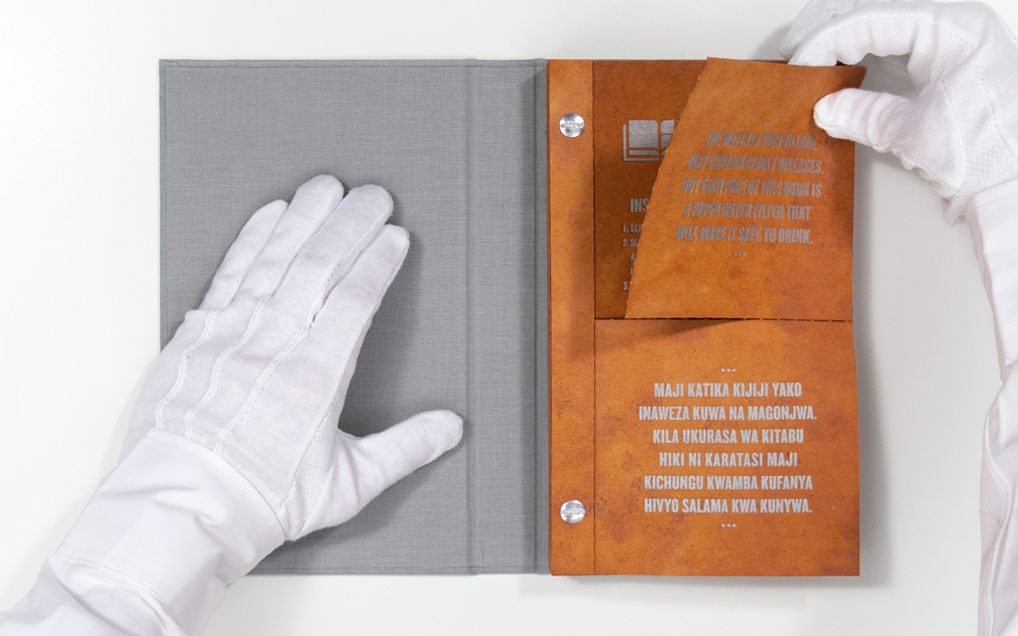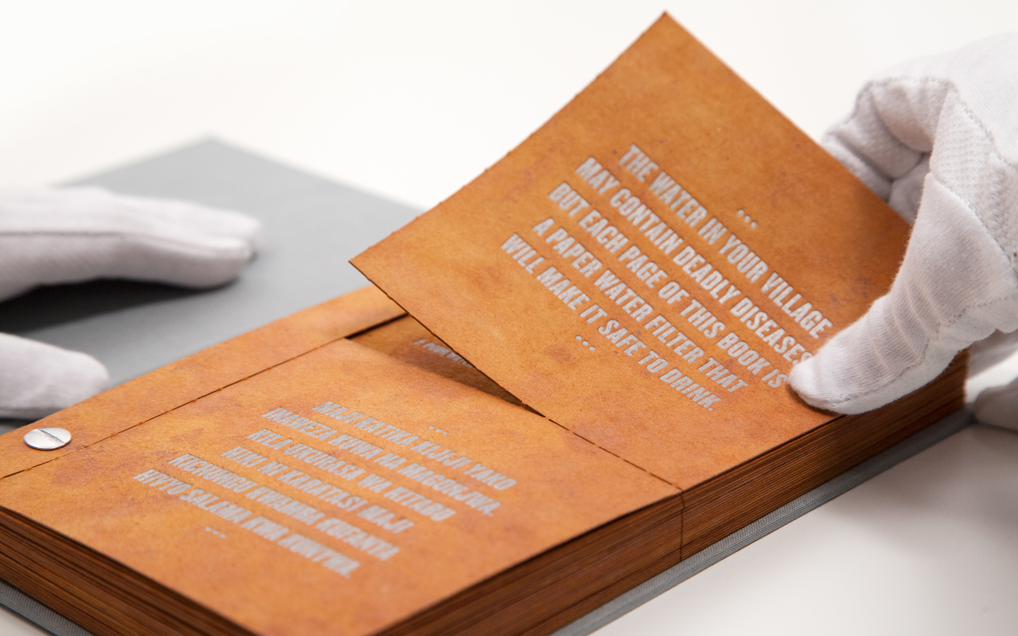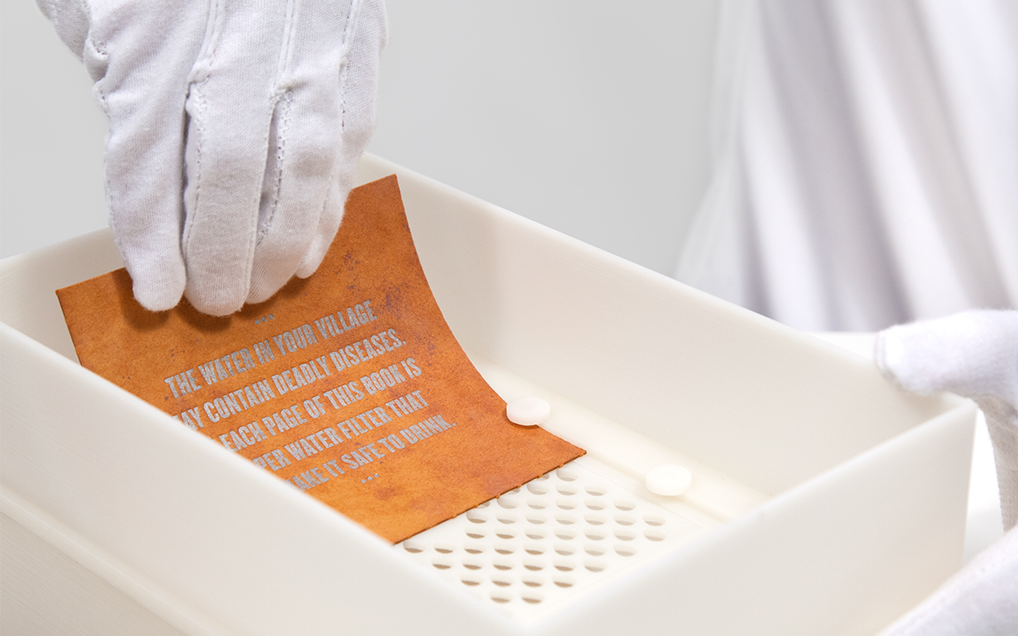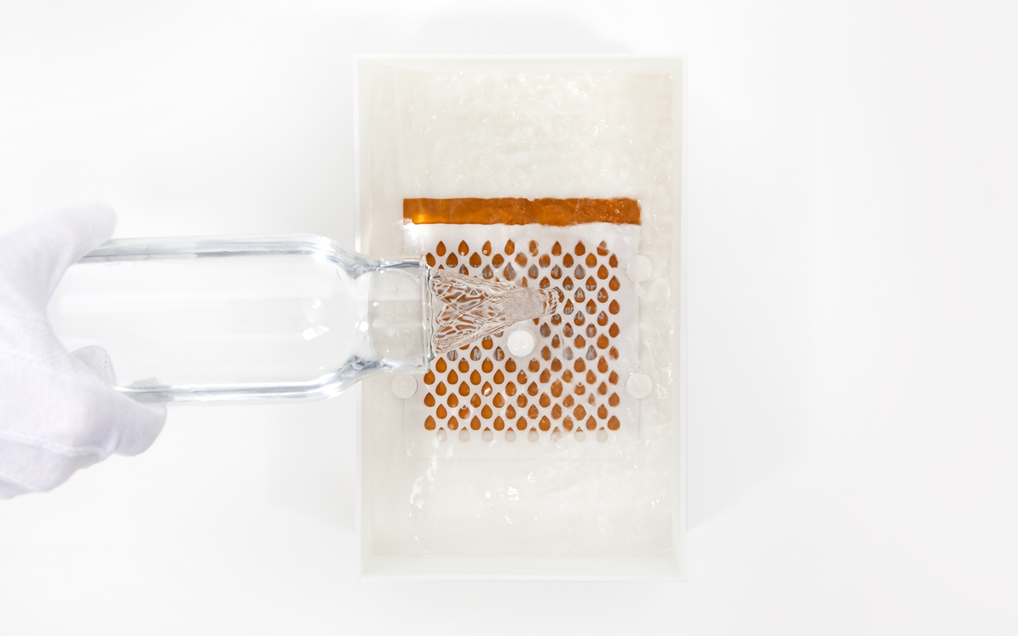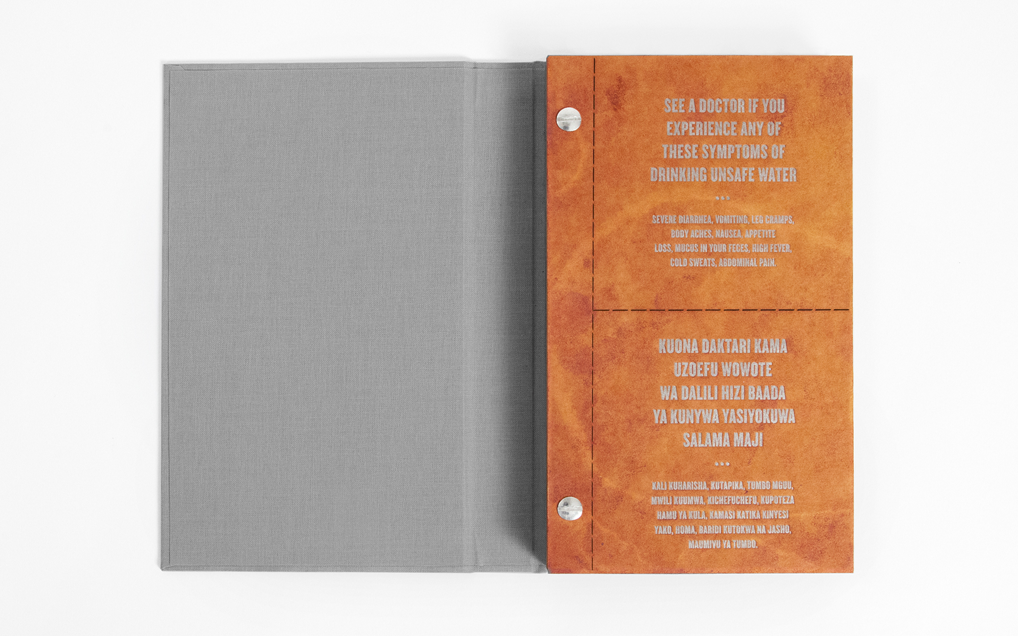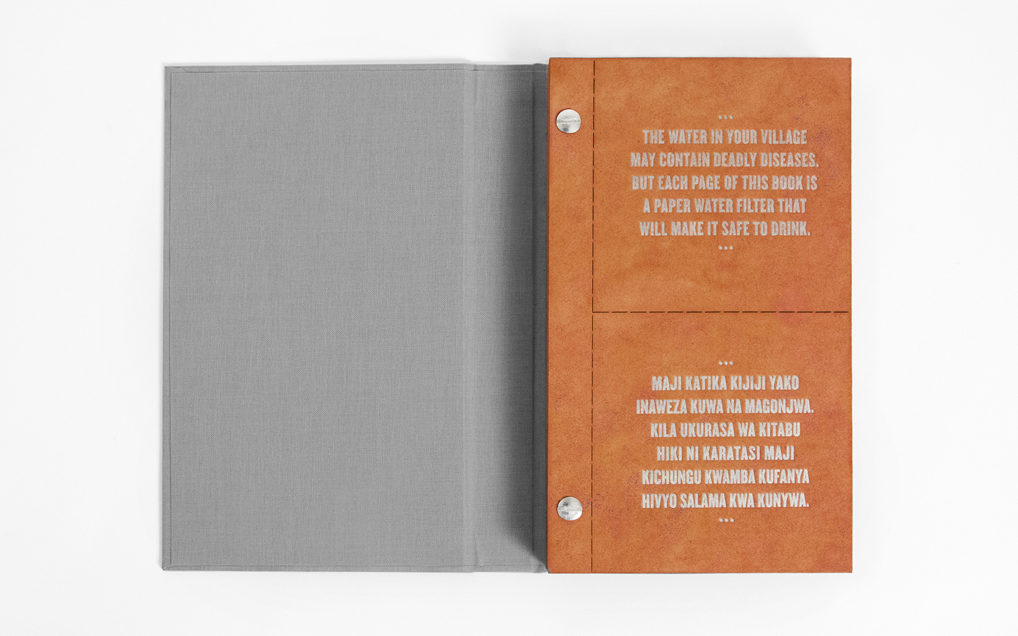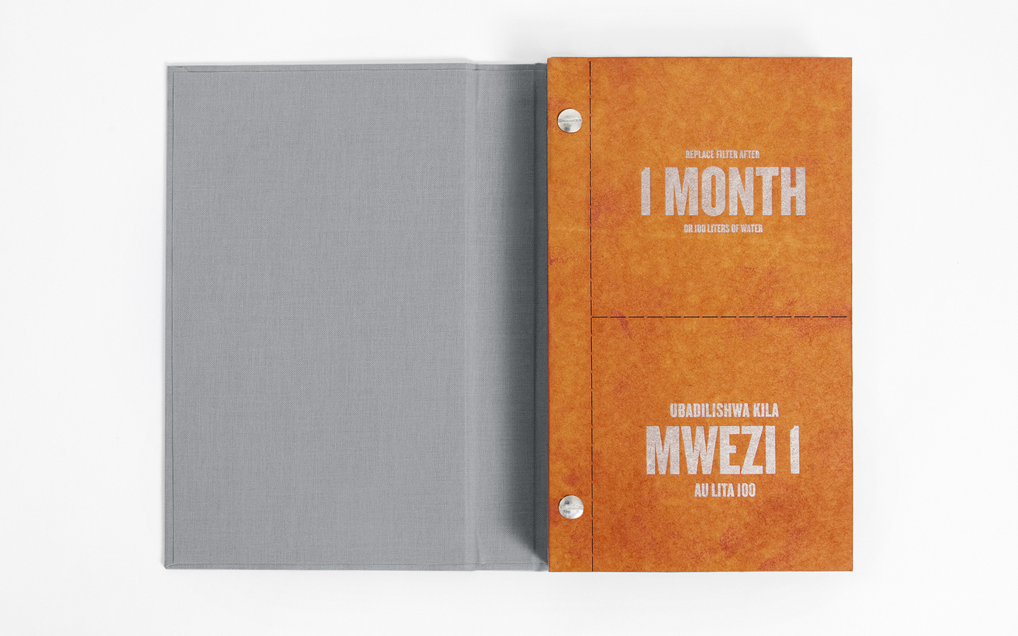Carlos Ricque Talks Agency Identity & Momentum at DigitasLBi
MIKE O'DONNELL / EDITOR
One of the more essential yet fleeting qualities for an agency's success is momentum, and it's something DigitasLBI has a lot of these days. So we caught up with DigitasLBI's SVP Carlos Ricque to find out what steps he takes to keep the machine humming, how he caters his approach to allow his left brain and right brain to coexist and why the culture and evolution of DigitasLBI continues to excite him.
After working at Digitas for over two years in New York, Carlos recently made the move to DigitasLBI's San Francisco office. Below, he talks about how the change has energized him: "The vibe in this office is really special. The energy is contagious. And the combination of creative opportunity with a bunch of cool new people makes it almost a new office altogether."
Talking about how he personally strives to keep the agency looking ahead, Carlos notes, "For me that means getting involved when the work could be better, but even more importantly it’s being out in front of the work, removing obstacles, making sure nothing is going to keep a good idea from seeing the light of day."
As for how DigitasLBI separates itself from other agencies, Carlos makes a strong case: "This is a place with enough smart, hungry people walking around that if you have a good idea, somebody will know how to get it done. This makes us better than most in pitches because when we show an idea, we’re confident it’s going to be makeable...There’s not a lot of “wouldn’t it be cool if…?” If we’re showing you an idea, we’ve done the legwork. It’s viable."
Tell us a little bit about your creative background. How did your path lead you to SVP & Creative Lead of DigitasLBI San Francisco?
After college I went to Portfolio Center in Atlanta. This was before there were so many ad schools, so at the time PC was pretty much it. I fell in love with Atlanta, it’s a great city. I stayed and worked at several agencies there before moving to NYC. I’ve been at Digitas for about three years, all in New York until I recently took over creative here in the San Francisco office.
The vibe in this office is really special. The energy is contagious. And the combination of creative opportunity with a bunch of cool new people makes it almost a new office altogether.
We recently launched an event series called Overshare, where we interview successful creatives about their career challenges. What were a few definitive moments or turning points that had an impact on who you are today?
I’m really lucky to have worked with generous CDs, the kind that let you screw up in a way that makes you better for next time.
One of my first shoots was for a real estate client. My partner and I imagined a locked-off camera – a couple is in bed asleep in their new home, you hear a garbage truck and the guy snaps awake and dashes out of frame. Our CD suggested we get coverage of the guy running down the stairs. We started whining immediately – you’re ruining our vision, this is a one-shot only, here’s how TV works, blah blah blah. He pressed us, and we finally gave in and covered the shot, like we’re doing him a favor.
You can guess what happened next: He let us sit in that edit room for 2 days trying to make the spot work. But we were stuck with an 8 second shot of a pillow in an empty bed. Finally from the back of the room we hear “Maybe let’s try a version with the stair shot?” We had so dismissed it as an option that we forgot we shot it!
Obviously, getting that coverage was common sense. But he let us stumble through and figure it out ourselves. I always took that to heart, that the job of the CD is not just to make the work good, but to help make everyone on the team better at what they do. Thanks, Art Mellor!
“There’s not a lot of ‘wouldn’t it be cool if…?’ If we’re showing you an idea, we’ve done the legwork. It’s viable.”
What separates DigitasLBI from other agencies?
This is a place with enough smart, hungry people walking around that if you have a good idea, somebody will know how to get it done. This makes us better than most in pitches because when we show an idea, we’re confident it’s going to be makeable. We’ve already lined up the partners, or we prototyped it, or whatever. We can get it done. There’s not a lot of “wouldn’t it be cool if…?” If we’re showing you an idea, we’ve done the legwork. It’s viable.
How have you seen the identity of DigitasLBi evolve over the years?
It feels like we’ve gotten braver over the last couple of years. The work has gotten edgier. It’s not one or two teams, or small pockets of people, it’s happening across every office. The Boston team just did the wingsuit stunt for Dunkin’ Donuts. Chicago keeps reinventing the Maytag brand. In New York we won a Grand Prix for work in health. And San Francisco, in my opinion, does some of the best work in the agency. We took over E3 with 14-foot robot dinosaurs for PlayStation. We turned off Taco Bell’s entire online presence to launch their app, which is a lot more complicated to do than you’d think. We’ve been creating tons of original content for eBay. There’s still room to grow so we’re hitting it on every assignment, but the groundwork is there. And the talent is there.
“I try to create a vibe where people feel like they can do their best work, and try to make sure everyone feels ownership of the agency’s success.”
Momentum seems like a such a fleeting yet essential quality for the success of an agency. It’s something that DigitasLBi has a lot of right now. In what ways do you try to sustain momentum?
We’ve been doing well lately, and we’ve made some key hires that are going to change the trajectory of this office going into next year. I get really excited when something good is happening, because it benefits everyone in the building. Whether you worked on a particular project or not, when the agency wins we all win. So I try to create a vibe where people feel like they can do their best work, and try to make sure everyone feels ownership of the agency’s success.
For me that means getting involved when the work could be better, but even more importantly it’s being out in front of the work, removing obstacles, making sure nothing is going to keep a good idea from seeing the light of day.
“You have to make an effort to be a little bit irresponsible. Not careless. But irresponsible enough to ignore the rules, or the budget, or the timeline …just for a minute. Just until the idea gets a little bit more baked, so it can survive the other stuff.”
Being in a leadership position, how do you cater your approach to allow your left brain and right brain to coexist?
God. It’s tough. Both in-house and at the client, you’re dealing with business-minded people, deadline-focused people, budget-minded people. All of them are laser-focused on their thing, as they should be. So you need that logical part of your brain to make sure all the elements of an idea are in place, and stay protected.
But as creatives, our only job is to come up with an idea. It’s the thing that only we can do. So you have to make an effort to be a little bit irresponsible. Not careless. But irresponsible enough to ignore the rules, or the budget, or the timeline …just for a minute. Just until the idea gets a little bit more baked, so it can survive the other stuff.
I tend to do all of my creative thinking in the early morning, so I block off the early part of the day to look at work, go over ideas etc. Then I’ll do all of the grown-up work the rest of the day, once all the noise starts seeping into my brain.
“I’ve seen a lot of really good creatives not be able to let go of ‘their idea’ long enough to let anyone help make it happen. So their vision stays perfectly intact, in the presentation deck, because they weren’t big enough to let someone else bring it to life with them. ”
For someone entering the field of advertising today, what do they need to succeed? How has that changed from when you started your career?
First, you have to be able able to think quickly, but then keep refining your idea. Those are two different skills, and they’re very hard to combine. Some people are brooders - they need to go sit in a corner for three days before they can show you anything. They tend to get pre-empted by louder, faster voices. Others are the opposite – they’ll think of something fast, but if you challenge their idea or if something comes up that involves changing it in any way, they freeze up. The best creatives can come up with an idea quickly but still respond to inputs, roll with changes, while protecting the heart of the idea.
The second thing is you have to be cool working with people whose work you don’t understand…and know that they don’t understand what you do either. Back in the day it was a copywriter and an art director, period. Now there are so many considerations that can make or break your idea. It may not work in mobile; that may not be the way people use Snapchat; whatever it is, there are probably 6 or 7 disciplines, all very specialized, who have to understand your vision, and can then use what they know to help you bring something to life. I’ve seen a lot of really good creatives not be able to let go of “their idea” long enough to let anyone help make it happen. So their vision stays perfectly intact, in the presentation deck, because they weren’t big enough to let someone else bring it to life with them.
Which campaigns are you most proud of?
The team that worked on Take it From a Fish did a great job with that work. Last year we followed that up with a project for a lung cancer support group that became a passion project for us. We turned Leap Day into a #GiftedDay, for people suffering from the disease. When you have lung cancer there’s no support groups, no pink ribbon, nothing. It felt really good to create something with actual social value to support people who need that kind of connection.
What do you do when not working?
I read a lot, and generally spend a lot of time with my wife and our little girl. Since we’ve just moved here we’ve made it a goal to be outside exploring as much as possible.


